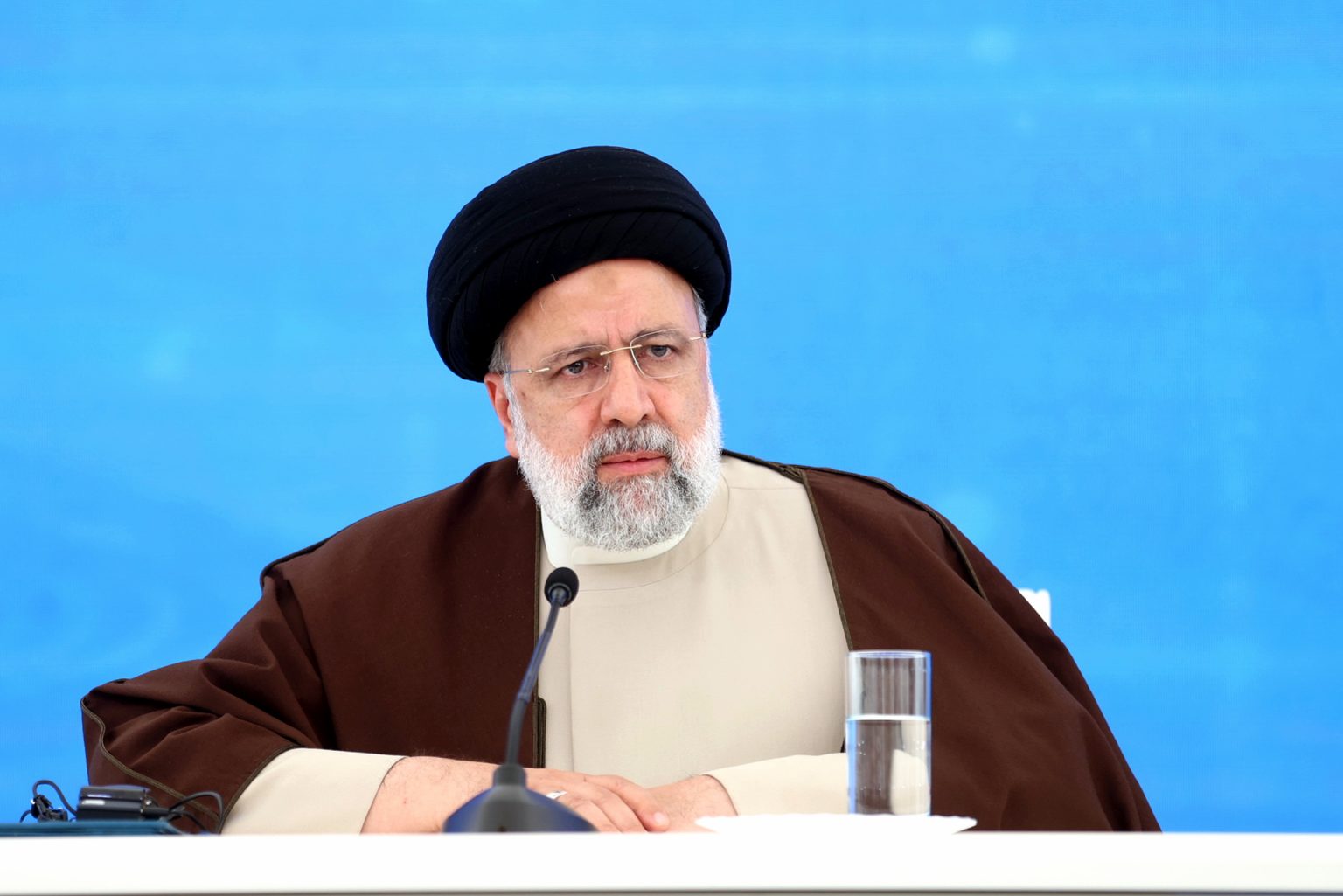Iranian President Ebrahim Raisi was reported to be dead after a helicopter carrying him and his entourage crashed in Iran’s northwest. The crash occurred in East Azerbaijan province following a trip to Azerbaijan, with heavy fog covering the area at the time. Search and rescue efforts were hampered by the weather conditions, but a breakthrough came when a drone identified a thermal signal believed to be the wrecked aircraft. Rescue workers confirmed Raisi’s death shortly afterward, leaving Iranian Vice President Muhammad Mukhbar to assume acting presidential duties with approval from Supreme Leader Ayatollah Ali Khamenei.
Raisi, a former judiciary chief, was elected president in June 2021 and was set to stand for re-election for a second four-year term next year. His victory marked a win for Iran’s conservative elite, bolstering the influence of Khamenei and the Islamic Revolutionary Guard Corps. However, his death comes at a turbulent time for the region as Iran has become a leading player in the crisis between Israel and the Palestinian Hamas Movement. Iran supports Hamas and the “Axis of Resistance,” a coalition of non-state actors mounting attacks against Israel from various countries in the region.
Tensions between Iran and Israel escalated recently as both nations engaged in direct clashes, including airstrikes and missile barrages. This conflict has also led to discussions around the possible development of nuclear weapons, with Israeli and U.S. officials warning against Iran obtaining such capabilities. Despite Iran’s denials, Raisi oversaw an expansion of Iranian nuclear activities after the U.S. withdrew from a nuclear deal with Tehran and imposed new sanctions. This further strained relations between Tehran and Washington, which have been fraught since the 1979 Islamic Revolution.
Raisi had made efforts to improve ties with regional countries, including Saudi Arabia, which re-established relations with Iran last year with assistance from China. Iran’s full membership in multilateral blocs supported by China and Russia, such as BRICS and the Shanghai Cooperation Organization, also signaled a shift in global alliances as ties with the West deteriorated. The death of Raisi leaves a void in Iranian leadership and creates uncertainty about the country’s future direction, particularly in the midst of ongoing regional conflicts and nuclear tensions.
The broader implications of Raisi’s death are yet to be fully understood, but it leaves a significant impact on Iran’s domestic and foreign policies. The country’s conservative elite, which Raisi represented, may face challenges in maintaining their hold on power in his absence. Regional dynamics, particularly Iran’s role in conflicts in the Middle East, could also be affected by the loss of a key leader who had contributed to shaping Iran’s approach to international relations. As more information becomes available, the full extent of the consequences of Raisi’s death will become clearer.


